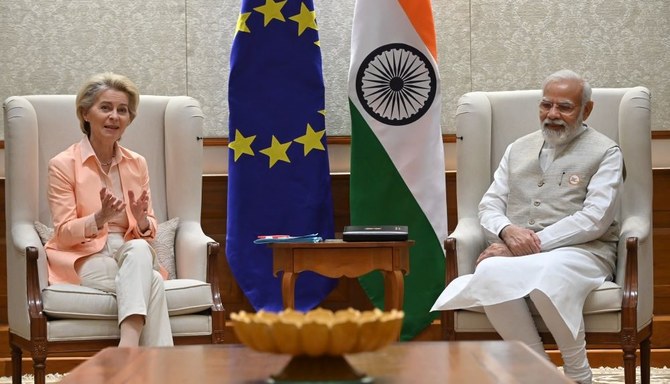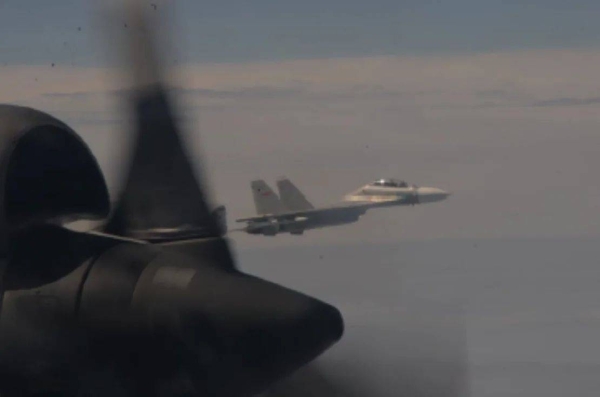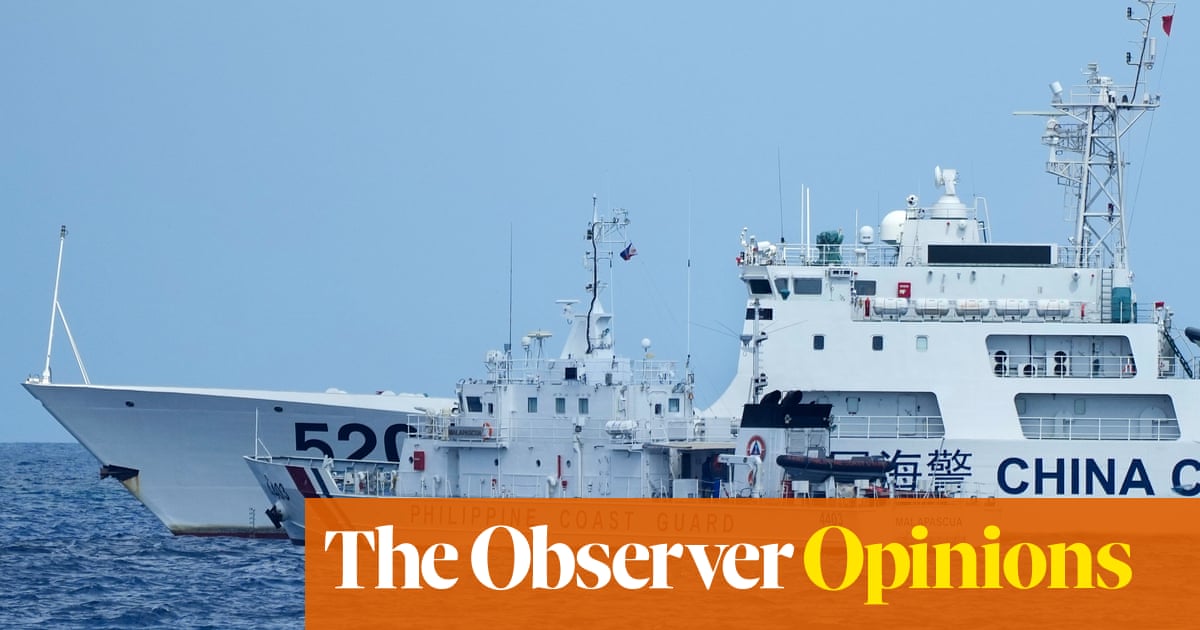
The Biden administration is off to fast start resetting relations with Japan and putting China on notice by forming a US Department of Defense China task force.
Japan is a key US security partner in East Asia. Amid a geostrategic shift to east, the two countries are renewing ties and looking at a much bigger picture.
Tokyo is one key in a link across the Indo-Pacific region. A renewed five-year security accord between the countries is underway, with negotiations on Japan’s costs for hosting US troops for another year nearing completion. The current five-year deal expires in March 2021.
Under the US-Japan bilateral security treaty, Tokyo covers part of the cost of housing 55,000 US military personnel in Japan, including labor and training. The negotiations began under the previous administration, but were put on hold until after President Joe Biden’s inauguration. This bilateral cost-sharing negotiation is usually concluded by December of the final year of the agreement to help Japan compile its budget. But the transition and the pandemic slowed the process considerably. Luckily, no real time was lost once major US foreign policy positions were filled by President Biden.
Driving the US relationship with Japan is China’s foreign and security policy objectives in East Asia. China is aggressively pursuing territorial claims not only with Japan but also other countries in the region. The US Defense Department’s wide-ranging assessment of China will be presented to key principals in May-June 2021.
Biden officials are making clear to Tokyo that Chinese assertiveness around the Senkaku Islands following Beijing’s enactment of a new coast guard law is seen as confrontational and contrary to international law.
Maritime law also is being challenged by China’s actions. Article V of the US-Japan Treaty extends to the Senkaku Islands. Biden, Defense Secretary Lloyd Austin and Secretary of State Tony Blinken have all affirmed that the agreement extends to these key islands. Coming one month after the inauguration, the statements reflect Biden and his policy team’s “hard and fast” approach.
Meanwhile, China is challenging Western interests in other parts of the Indo-Pacific, raising tensions in the region.
Last week, the US sent a navy strike group with more than a dozen ships into the South China Sea. On the same day Taiwan reported multiple incursions of Chinese bombers and fighter jets into its air defense zone near Pratas Island. The Indo-Pacific region is beginning to boil. China’s desire to encroach on Taiwan has left the island in an increasingly precarious position, even with its US backing. It is now clear that sovereignty issues involving the Taiwanese and Japanese islands are beginning to combine in one very active theater.
No doubt the security environment is changing. The Biden administration is building up capacity with the Quad (Australia, India, Japan and the US) to take on China across a large geostrategic arena.
The Quad countries are looking to share operations, and allow access to each other’s maritime bases and facilities for repair and supply replenishment. The idea is to boost overall defense and security cooperation immediately.
China’s increasing operations in Ladakh and the Senkaku Islands help the US and Japan, as part of the Quad, make their own security plans for the Indo-Pacific region. US-Japanese coordination as part of the larger Quad concept is critical, as are summits, information exchanges and military drills between member countries. France appears to be joining these strategic alignments with planned naval exercises in the Indo-Pacific region. All of this activity is based on the fact that China is pushing the boundaries of international law.
The Biden administration is building up capacity with the Quad (Australia, India, Japan and the US) to take on China across a large geostrategic arena.
Dr. Theodore Karasik
Russia cannot be left out of this discussion because of Moscow’s Indo-Pacific interests. The US-Japan Article V agreement runs into trouble with Moscow’s views on the Kurile Islands as well as maritime fishing beds. Russia increasingly is making claims to the islands. The Kremlin knows well that heating up this territorial issue helps Moscow claim strategic and tactical territorial advantage.
How Moscow and Beijing coordinate — or not — on this type of behavior is of immediate interest. Both sides conduct joint operations where the sole objective is to penetrate sovereign territory. Russia and China see land and sea differently in terms of their historical destiny. The way that both countries view strategic passages ranging from the South China Sea to the Bering Strait has immediate security implications. The US-Japan security treaty and the requirements in the region now force Tokyo and Washington closer together. South Korea benefits from this activity as well given the nexus between North Korea, China and Russia. Overall, the Indo-Pacific chess game is beginning to be quite a match.
Dr. Theodore Karasik is a senior adviser to Gulf State Analytics in Washington, DC. He is a former RAND Corporation senior political scientist who lived in the UAE for 10 years, focusing on security issues. Twitter: @tkarasik
Disclaimer: Views expressed by writers in this section are their own and do not necessarily reflect Arab News" point-of-view












